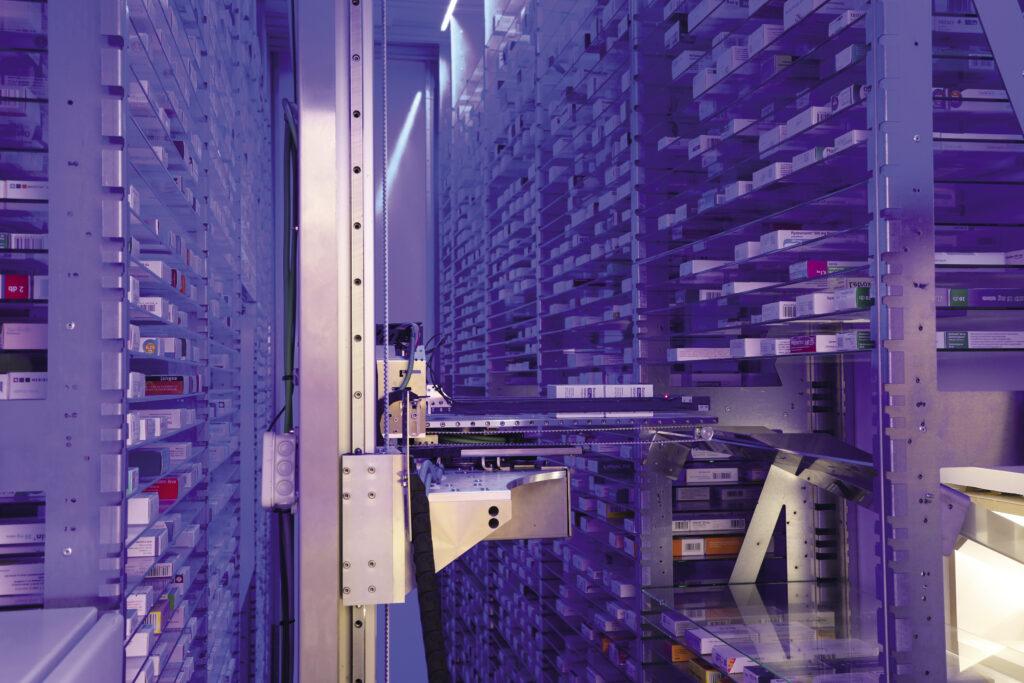AI is a multifaceted story
Artificial intelligence continues to be the most important topic in Silicon Valley, and companies view the new technology favorably, in which they make significant investments, and even base their operations on optimistic predictions about it. Eleven analysts and portfolio managers from Fidelity International were on the road for five days to meet with representatives of a total of twenty-five companies and organizations. According to financial experts, although the approaches to artificial intelligence are nuanced and diverse, according to experience, neither the uncritical supporters of the technology, nor the dark-sighted peddlers, do not notice the finer details of the story, which is why investing close to AI requires serious attention and a precisely defined approach.

At Fidelity’s tour of Silicon Valley, not surprisingly, the main topic of conversation was artificial intelligence. During the journey, a rather nuanced picture emerged of artificial intelligence: it turned out that different industries and companies approach it in different ways. Experts expect that the technology will undergo a major transformation in the next three years. That’s why it’s important to focus our attention on the winners of AI that may not be making a profit from the technology today, but have a good chance of doing so in the longer term.
For the time being, demand for hardware is high
The hardware required for artificial intelligence is in high demand. Hardware provides the power required for AI computations, so any organization that wants to use AI technology must invest in the appropriate hardware, such as processors, memory and storage, network connections, and data centers. Graphics processing units (GPUs) account for the bulk of hardware sales, as this component is a critical technological building block of an AI data center.
Demand for hardware has taken a backseat to software, but this is likely to be a temporary phenomenon: while indeed GPUs provide the computing power, AI users still need other elements of the IT ecosystem to optimize their AI solutions . This means that as the broader IT infrastructure takes center stage again, companies’ spending will be more evenly split between hardware and software. In addition, over time we can expect greater variety even in relation to spending for hardware purposes; right now, spending on GPUs dwarfs everything else, but that could change as alternative technologies begin to develop.
In the competition related to artificial intelligence, the fear of missing out (FOMO) can also play a role, which also stimulates hardware investments. Companies do not want to lag behind their competitors in the use of AI, but this can probably only maintain the volume of investments if the companies can also forge a financial advantage from artificial intelligence. Much of the demand for AI hardware comes from startups backed by venture capitalists. Many of these startups are not profitable, and if this continues, venture capital funding will slow down, which will also affect demand for hardware.
Related news
Artificial intelligence at the fruit and vegetable counter – SPAR is testing a new shopping experience
🎧 Hallgasd a cikket: Lejátszás Szünet Folytatás Leállítás Nyelv: Auto…
Read more >Related news
Lidl launches campaign with tennis star Steffi Graf
🎧 Hallgasd a cikket: Lejátszás Szünet Folytatás Leállítás Nyelv: Auto…
Read more >Amazon expanding same-day prescription delivery to 4,500 cities & towns
🎧 Hallgasd a cikket: Lejátszás Szünet Folytatás Leállítás Nyelv: Auto…
Read more >







